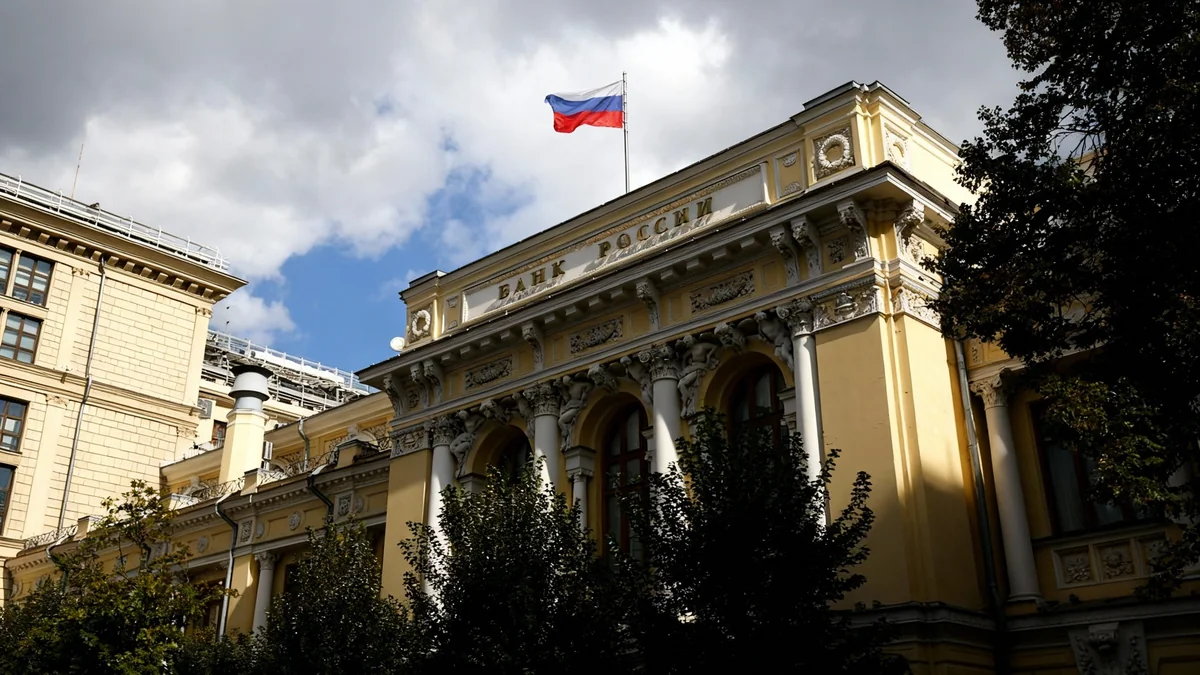A major trade negotiation between the United States and South Korea has reached a critical impasse, complicated by a recent immigration raid and growing debate in Seoul over a proposed $350 billion investment package. The detention of South Korean workers at a Hyundai-LG plant in Georgia has intensified existing disagreements, threatening to derail a deal intended to lower U.S. tariffs on Korean goods.
Public and political sentiment in South Korea is shifting, with increasing calls to reconsider the massive investment commitment, which was a key condition for reducing a 25% U.S. tariff to 15%. This development introduces significant uncertainty into one of America's key economic partnerships in Asia, leaving major industries in a state of limbo.
Key Takeaways
- Trade talks between the U.S. and South Korea are stalled over the terms of a $350 billion investment pledge from Seoul.
- An ICE raid detaining South Korean workers at a Georgia plant has heightened tensions and fueled public discontent in Korea.
- South Korean officials are now openly discussing whether to accept the higher 25% U.S. tariff instead of making the investment.
- The lack of a dedicated visa category for skilled South Korean workers, similar to that of other FTA partners, remains a major point of friction.
- President Lee Jae-myung faces domestic political pressure, stating that agreeing to U.S. terms could lead to his impeachment.
Immigration Raid Amplifies Trade Tensions
The relationship between Washington and Seoul has become increasingly strained following an Immigration and Customs Enforcement (ICE) raid at a Hyundai-LG facility in Georgia. The event, which led to the detention of several South Korean nationals, has moved beyond a simple immigration issue and now directly impacts high-stakes trade negotiations.
South Korean Foreign Minister Cho Hyun recently acknowledged the changing dynamic in the U.S. relationship during a national assembly session. He stated, "The United States seems to have changed," reflecting a growing sentiment in Seoul that the partnership is under pressure. While President Lee Jae-myung initially described the raid's impact as a "cultural difference," the fallout has been significant.
The incident has brought a long-standing grievance back into focus: South Korea's lack of a dedicated visa category for its skilled workers, despite being a Free Trade Agreement (FTA) partner with the U.S. for over a decade. This perceived disparity has fueled feelings of unfair treatment, especially as Korean companies make substantial investments in American manufacturing.
The Unresolved Visa Issue
For years, South Korea has sought a dedicated visa class similar to those granted to other U.S. FTA partners like Australia, Singapore, and Chile. These nations benefit from streamlined processes for sending skilled professionals to the United States to support their investments.
The Partner with Korea Act
A proposed solution, the Partner with Korea Act, would establish an E-4 visa category specifically for highly skilled Korean nationals. The legislation includes provisions to ensure American workers are not displaced. However, despite being reintroduced in every Congress since 2013, the bill has consistently failed to pass, leaving Korean companies to navigate the more restrictive H-1B visa system.
The recent U.S. proclamation imposing a steep new fee on H-1B visas has only highlighted the disadvantage for South Korean firms. The ICE raid served as a stark reminder of the practical consequences of this legislative gap, undermining trust at a crucial moment in trade discussions.
A $350 Billion Investment at a Crossroads
The core of the stalled trade deal is a U.S. proposal to lower tariffs on South Korean imports from 25% to 15%. In exchange, South Korea would commit to investing $350 billion in the U.S. economy. While an agreement was reached in principle in July, finalizing the details has proven difficult.
The recent events have hardened public opinion in Seoul against the deal. The perception is that Washington is demanding a massive financial commitment while simultaneously taking punitive action against Korean nationals. This has led to a significant shift in the domestic political landscape for President Lee.
Investment vs. Tariffs: The Calculation
South Korean officials are now openly questioning the economic logic of the deal. The debate centers on whether paying the full 25% tariff would be less damaging than committing $350 billion, a sum that some argue could be better used to support domestic industries affected by the tariffs.
This sentiment was echoed by Korean Industry Minister Kim Jung-kwan. Following a meeting with U.S. Commerce Secretary Howard Lutnick, Kim acknowledged the growing argument within his government. He remarked, "Some say even if tariffs were raised from 15 to 25 per cent, it would not be much compared to $350bn, and I also sometimes think of this as an option."
Seoul Considers a Different Path
The tough stance from Washington has not been well-received. U.S. Commerce Secretary Howard Lutnick's comment that "The Koreans either accept that deal or pay the tariffs" was seen in Seoul as an inflexible ultimatum, particularly as it was made on the same day the detained workers were released.
President Lee Jae-myung has also voiced serious concerns, suggesting that the scale of the U.S. investment demands could risk triggering another financial crisis in South Korea. This has resonated with a public wary of external economic pressures.
"If I were to agree, then I would be impeached."
– Lee Jae-myung, President of South Korea
This statement highlights the immense domestic political pressure he faces. By resisting the terms proposed by the Trump administration, President Lee has, in some ways, strengthened his political standing at home. The immigration raid has paradoxically given his government more time and political cover to delay signing a deal perceived as unfavorable.
Economic Alternatives Under Review
The idea of forgoing the deal and absorbing the tariffs is gaining traction. This approach is supported by some economists, including Dean Baker of the Center for Economic and Policy Research. Baker argues that both South Korea and Japan would be better off using a fraction of the demanded investment funds to directly subsidize their local businesses and workers harmed by U.S. tariffs.
This strategy would involve:
- Accepting the 25% tariff as a cost of doing business.
- Redirecting the proposed $350 billion into a domestic support fund.
- Subsidizing Korean companies to maintain competitiveness in the U.S. market.
- Supporting workers in industries affected by reduced exports.
While U.S. President Donald Trump has stated on social media that he wants to welcome foreign investment, not "frighten off or disincentivize" it, the recent actions may have already had the opposite effect. For South Korea and other allies, the episode has raised serious questions about the political risks and true costs associated with large-scale investments in the United States.





